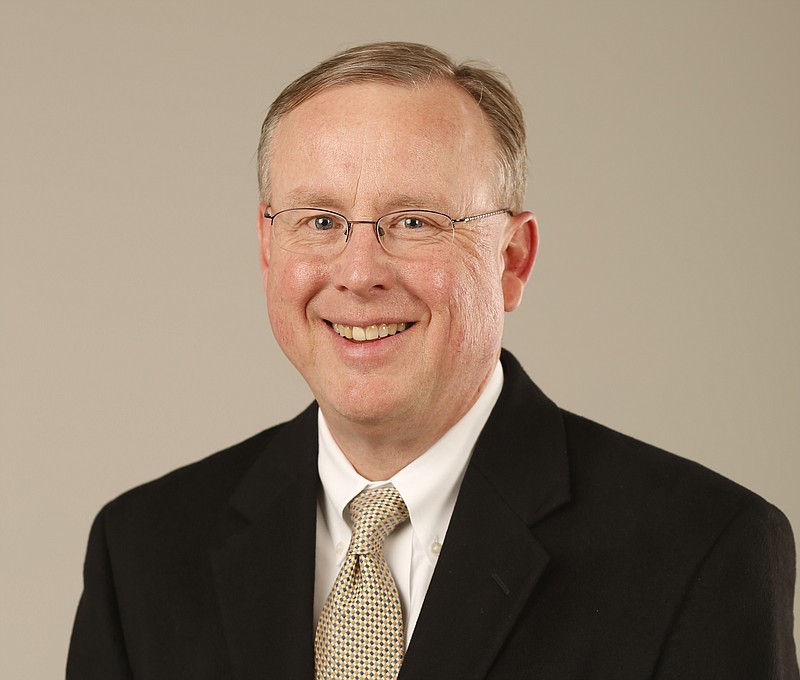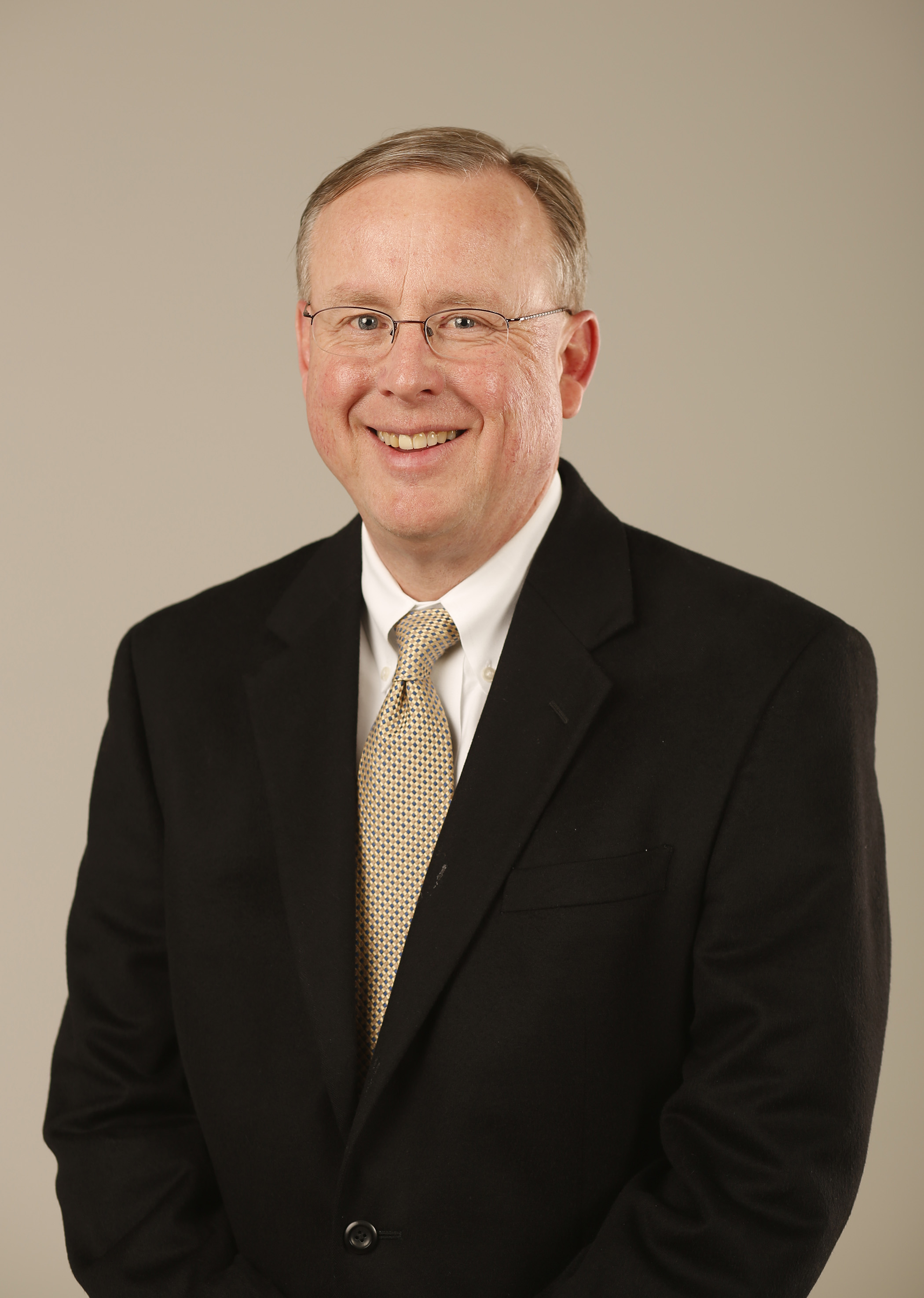A news release shares information, but it rarely tells the whole story.
Last week, this item appeared in my email inbox: Charlie Steinhice, a manager in the Information Delivery Division of BlueCross BlueShield of Tennessee, has been appointed vice president of the board of trustees of the Mensa Foundation.
Pretty straightforward stuff. Local man does good. Polite applause to follow. In the news business, we call this a "brief."
But there is a backstory here to unpack.
For 20 years, Steinhice has been a member of Mensa, an organization for people who score in the top 2 percent on certain intelligence tests. His new post installs him as a leader in Mensa's national grant-giving arm.
To some people (presumably in the bottom 98 percent), Mensa will make Steinhice seem suspect. Because, you know ... smart people, who do they think they are, anyway?
Stereotypes aside, Steinhice has an interesting life story.
He's on a lifelong quest to visit every county in the United States. He believes solar eclipses can be life-changing. And he and his siblings once tried singing "Amazing Grace" to the tune of "Viva Las Vegas."
And there's this: Steinhice once dropped out of college and worked as a convenience store clerk for three years, because, well, intelligence doesn't automatically pay for tuition.
View other columns by Mark Kennedy
Suddenly, Steinhice, 59, starts to sound like someone you'd like to hang out with, right? A cool friend who happens to be good at trivia.
That, in a nutshell, is what Mensa is about, too. It's not about creating an elitist roundtable, but more about allowing smart people to relax - see a movie, go to dinner - with other smart people without feeling out of place dropping a big word or expressing a complex idea.
In turn, this helps Mensans fit into a modern world that is sometimes hostile to intellectual gifts.
Mensa's role as a club for highly intelligent people may never have been more needed. In 2019, top minds are not automatically ascendant in politics or popular culture. Sometimes the anti-intellectual feelings in modern America are palpable.
Steinhice said it's a topic in Mensa circles. The college-track meritocracy is even being called into question, he said.
"I had working-class parents, who, in childhood, had not just been poor but close to starvation - both of them," Steinhice said. "They encouraged me to learn as much as I could and to apply it as best I could. 'Go to school. Get ahead. Get a good job.' I did all those things, and I find that I'm being told that wasn't such a good idea, because I'm not with the mainstream."
Steinhice points out that his father had a third-grade education until he was in his 20s, but reared four children who all went on to be National Merit Scholars. Later in life, his father would advocate for gifted children.
Steinhice, who has also become an advocate for smart kids, is not only smart, he's also thoughtful. He knows, for example, that retaining knowledge is just one kind of gift. So are patience and kindness and other forms of social intelligence.
There is growing awareness that intellectually gifted children should be supported by great teachers, and that Mensa can be a part of that foundation.
Steinhice said that in the 1970s, Tennessee became one of the first states to pay for public school classes for gifted children using funds earmarked for special education. Like those with learning disabilities, fast-learners have special needs that deserve to be addressed, he said.
He said many Mensans tell stories of being bored and fidgety in school, and in many cases, not even knowing they were intellectually gifted until later in life.
Steinhice said as a leader of the Mensa Foundation, he will push for grants for teachers who want to study and research gifted education.
"Both ends of the bell curve have special needs," Steinhice explained.
And helping intellectually gifted children has implications for their young classmates, too. Until the advent of social media, Steinhice said he was unaware that he had a reputation among his former classmates as a homework helper with a strong ethical streak.
"Those of us who loved learning before the first day we ever went to school can help others," he said. "In turn, they [the others] can help teach us social skills, life skills. There are lots of different types of intelligence, and book smarts is only one of those."
Isn't it amazing what happens when you spread grace around?
To suggest a human interest story contact Mark Kennedy at mkennedy@timesfreepress.com or 423-757-6645.

